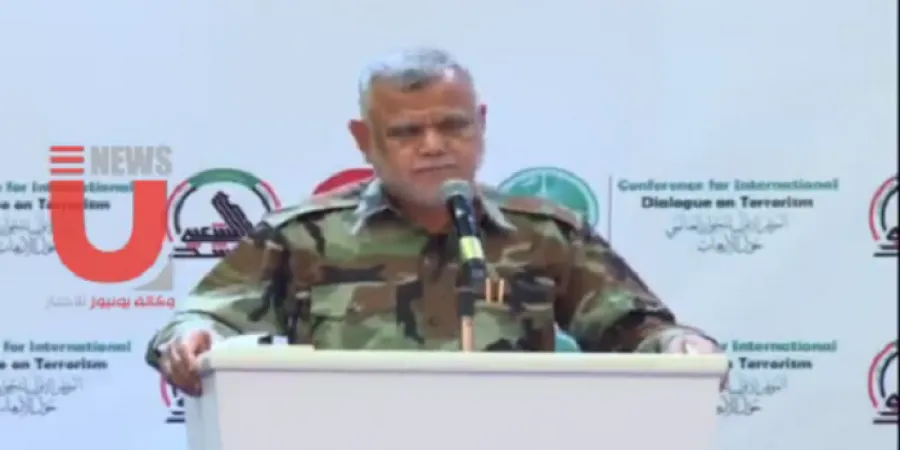Report: Iranian Political Rivalry Paralyzes Efforts to Rebuild Iraq
Ami Rojkes Dombe
| 05/12/2018
A growing rivalry between two Shi’ite Muslim factions has paralyzed efforts to form a government in Iraq six months after an election aimed at steering the country toward recovery from years of war.
The two largest parliamentary groupings to emerge after the vote in May – one led by populist cleric Moqtada al-Sadr and the other by Iranian-backed militia leader Hadi al-Amiri – formed a tacit alliance in October when they picked a president and approved 14 out of 22 cabinet ministers.
But since then there has been a stalemate, mainly over the empty interior ministry post dominated for years by allies of Amiri, who are backing the former head of a paramilitary force supported by Tehran. Sadr meanwhile says no one with a political affiliation should get the post.
Sadr, whose alliance won the most parliamentary seats in the election, has threatened to walk out of the political process and stage mass demonstrations as he has done in the past, notably when protesters stormed Baghdad’s fortified Green Zone in 2016.
The confrontation is paralyzing efforts to rebuild Iraq. “There’s no reconstruction or jobs here,” said Sheikh Abu Mashan, a tribal leader in Anbar province. “Main electricity lines are still down. At first, they said we’d get power by October. Now they say January. Authorities have no interest in us – they’ve spent nearly seven months talking and still have no government.”
The deadlock also means a 2019 budget has not been passed, so provinces do not know how much they will have to spend on fixing services. “Heavy rainfall cut roads out of Mosul,” governor official Nouruddin Catalan said. “We don’t even have enough money to fix roads damaged by fighting.”
[Source: Reuters]
A growing rivalry between two Shi’ite Muslim factions has paralyzed efforts to form a government in Iraq six months after an election aimed at steering the country toward recovery from years of war.
The two largest parliamentary groupings to emerge after the vote in May – one led by populist cleric Moqtada al-Sadr and the other by Iranian-backed militia leader Hadi al-Amiri – formed a tacit alliance in October when they picked a president and approved 14 out of 22 cabinet ministers.
But since then there has been a stalemate, mainly over the empty interior ministry post dominated for years by allies of Amiri, who are backing the former head of a paramilitary force supported by Tehran. Sadr meanwhile says no one with a political affiliation should get the post.
Sadr, whose alliance won the most parliamentary seats in the election, has threatened to walk out of the political process and stage mass demonstrations as he has done in the past, notably when protesters stormed Baghdad’s fortified Green Zone in 2016.
The confrontation is paralyzing efforts to rebuild Iraq. “There’s no reconstruction or jobs here,” said Sheikh Abu Mashan, a tribal leader in Anbar province. “Main electricity lines are still down. At first, they said we’d get power by October. Now they say January. Authorities have no interest in us – they’ve spent nearly seven months talking and still have no government.”
The deadlock also means a 2019 budget has not been passed, so provinces do not know how much they will have to spend on fixing services. “Heavy rainfall cut roads out of Mosul,” governor official Nouruddin Catalan said. “We don’t even have enough money to fix roads damaged by fighting.”
[Source: Reuters]



